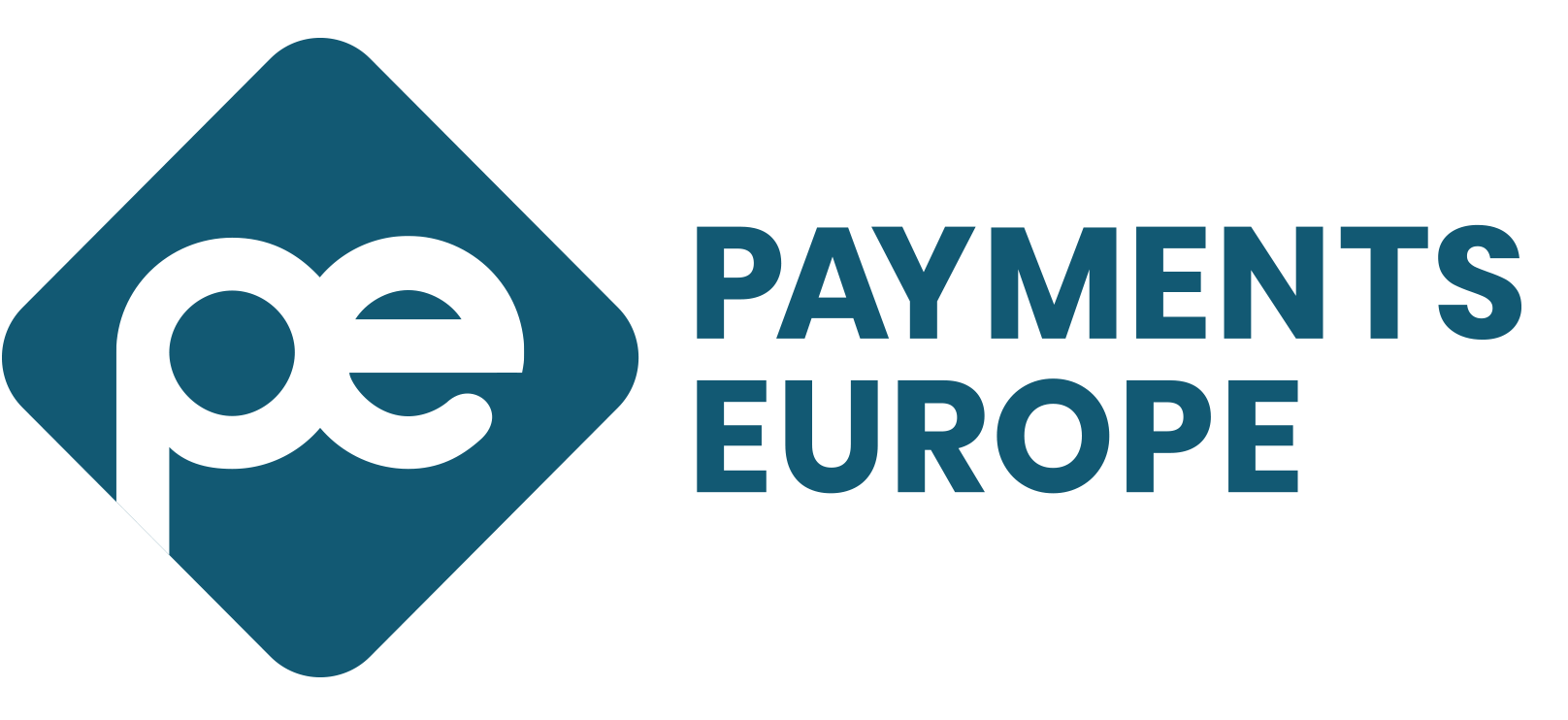KEY TAKEAWAYS
- The payments and credit industry has been changing rapidly. New solutions on the market bring about new benefits for consumers as well as new responsibilities for regulators and payment services providers to ensure that consumers correctly understand new payment services’ features, benefits and risks. With this in mind, Payments Europe supports the European Commission’s efforts to update the existing Consumer Credit Directive.
- The new CCD must be designed to be ‘future-proof’, fit for purpose in the digital age and reflect the fast-changing and innovative nature of the payments market. It should be developed by taking a proportionate and risk-based approach to deliver the best outcomes for customers whilst promoting a level playing field between new and “traditional” players in the payments market.
- Ensuring that affordability checks work effectively is essential to avoid the risk of build-up of unsustainable debt for consumers and to ensure transparency in the credit decisioning process. The requirements set out in the CCD should be outcome-focused, setting clear expectations in this area, but also ensuring that these are not overly prescriptive to avoid unnecessary friction at point of sale.
- The introduction of caps should take into consideration specific characteristics of different consumer credit products.
Introduction
In the past years, the payments industry has been changing rapidly. Its transformation has been accelerated by the Covid-19 crisis, which shifted behavioural trends and accelerated the move towards digital commerce. Even with such changes and shifts, consumers still expect payment systems to deliver the same levels of trust, security and reliability.
In addition to these transformations, the way in which customers access credit is also changing, with new products and services offering innovative and flexible payment solutions. Such new services, such as Buy-Now-Pay-Later (BNPL), bring about substantial benefits, not least that of enlarging the pool of choices available to consumers. At the same time, they create new responsibility to ensure that consumers understand the features, benefits and risks of the payment methods and services they are relying on.
Key observations
Payments Europe fully supports the ultimate objective of the European Commission’s proposal to review the Consumer Credit Directive (CCD).
We recognise the need to reinforce and modernise customer credit rules so that information related to credit are presented in a clear way and adapted to digital devices, allowing consumers to fully understand what they are signing up for. We also share the Commission’s perspective on the need to increase consumer protection and ensure appropriate credit assessment rules to avoid over-indebtedness and welcome the regulator’s efforts to balance appropriate customer protection with competition and innovation to ensure consumer satisfaction.
With this in mind, we welcome a proportionate, risk-based approach to regulation. We call for new and updated regulation to reflect and respect the fast-changing and innovative nature of the payments market. Any regulation should aim to be “future-proof” and focus on delivering the best customer outcomes, rather than on specific business models or use-cases. The CCD should also promote a level playing field between Fintech and more “traditional” players in the payments market. Finally, the right balance must be struck to ensure the appropriate customer protection while avoiding hindering competition and innovation.
A directive fit for the digital age
A fundamental element to keep in mind in the review of the CCD is that, like most other regulations, it needs to be made fit for the digital age, especially taking into account the online commerce realities. This translates in the need for it to determine how clear, transparent, and understandable information can be shared with consumers, without imposing disproportionate or too-rigid requirements that could hinder the development of new digital products and services.
With this in mind, Payments Europe invites the European regulator to analyse which provisions on customer information might be difficult to fulfil in digital environments, such as the requirement of one-day timeline to share pre-contractual information before customers are bound by the credit agreement, and update them to ensure they respond to the needs of the digital environment.
Creditworthiness
Ensuring that affordability checks work effectively is essential to avoid the risk of build-up of unsustainable debt for consumers and to ensure transparency in the credit decisioning process. Whilst clear expectations must be set in this area, ensuring these are not overly prescriptive is also key to avoid unnecessary friction at point of sale. Credit Worthiness Assessment (CWA) should be done in a way that ensures prevention of irresponsible lending practices while applying the principle of proportionality, as an unnecessary burdensome CWA for low-risk credit products could have a negative impact on consumers’ access to credit.
Furthermore, technological innovations and related industry developments are delivering new solutions to meet the requirements around assessing credit worthiness and can facilitate more accurate assessments. The CCD should acknowledge these and promote the development and use of new data-driven tools.
To deliver on the above, credit providers need to access consistent and transparent data that would allow them to assess credit risk. Thus, Payments Europe fully support the introduction of mandatory and non-discriminatory access to private and public databases concerning consumers and welcomes the EU’s efforts to encourage the provision of reliable, real-time data from all EU Member States.
Consumer information
Consumers need access to transparent data around repayment terms, especially when they are using multiple instalment plans, and to be given a clear overview of their rights and obligations. Payments Europe believes that open banking and open finance can play an important role in this space, by allowing consumers to aggregate their financial data in one virtual place and make informed decisions about how they want to pay, save, borrow, and prepare for their financial futures. The existing PSD2 framework, and upcoming PSD3, can certainly serve as a vehicle to facilitate the provision of consumer data in a clear and understandable way.
Caps
Finally, while we understand the desire to reduce the cost of credit, we believe individual Member State caps set under different criteria pose a risk to the provision of credit across the single market.
Therefore, Payments Europe calls for a clear definition of which charges the caps are imposed on. To ensure the caps are set to an adequate level, the EBA should, in close collaboration with the industry and Member States, develop a list of main categories of consumer credit products falling under the scope of the CCD to develop a method of calculating caps for each credit risk category. Moreover, there are a variety of different consumer credit products with varying degrees of riskiness, consumer protection, levels of costs to the consumer and options: for example, credit cards offer consumers a variety of services along with a defined line of credit. Such services include advanced security procedures, and additional consumer protection such as post-transaction services when a product is damaged upon delivery, not delivered or in case of other payment related disputes between a merchant and cardholder. Thus, any introduction of caps should take into consideration specific characteristics of different consumer credit products.

